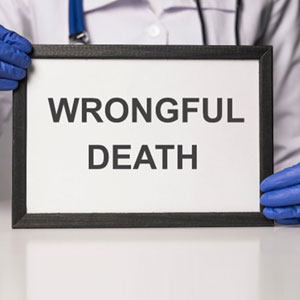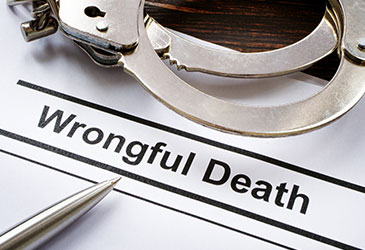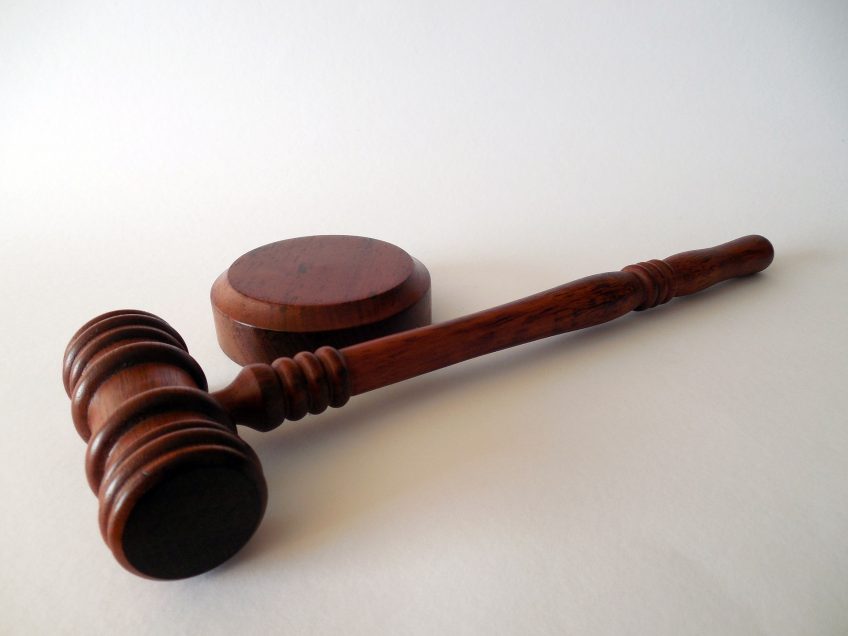Applicability Of Rescue Doctrine To Accident With State Trooper
Wrongful DeathState Trooper William Trampass Bishop died when he was hit by a car on I-75 while responding to a traffic accident on June 17, 2017 near mile marker 403 in High Springs, Florida. Bishop was a 30-year veteran of the HIghway Patrol. He was outside of his patrol vehicle responding to an accident involving Steven D. Catanach when a 2016 Ford Fusion driven by Michael T. Korta struck the rear end of a 2007 Cadillac STS. Bishop was hit in the second collision.
Legal Help For Bishop’s Family
As Florida personal injury attorneys, we want to help Bishop’s family in any way that we can and we want to ensure that his family receives everything that they possibly can after an accident such as this one. Knowing how the law and insurance policies work is key to getting everything you are entitled to claim.
First, this was an accident on the job. Under Florida’s workers compensation laws, there is a death benefit valued at up to $150,000 that can be claimed by the family. Secondly, as a law enforcement officer who died in the line of duty, there is at least a $25,000 death benefit that should have been provided for accidental death or dismemberment by the Florida Highway Patrol.
The department may also have other employment benefits and life insurance that was available to Bishop. These benefits should be claimed immediately to help out the family in need and likely do not need help from an attorney.
Secondly, Florida’s no-fault law covers this accident. Bishop’s family should be entitled to a $5,000 death benefit under his Personal-Injury-Protection coverage on his automobile policy. Under recent changes to section 627.736, Fla. Stat, this benefit is not diminished in the event that medical expenses prior to death are paid (he was taken to a hospital).The remaining claims are based in liability and are discussed below.
Florida Law Does Not Prohibit A Police Officer From Making A Liability Claim
The first and most obvious liability claim is for wrongful death against the driver who caused the second accident. Clearly, a driver whose actions cause a collision resulting in the death of a law enforcement officer assisting a motorist with an emergency is negligent. Florida’s “move over or slow down” law (section 316.126, Fla. Stat.) applies to this accident as well. The violation of this statute is to be considered “evidence of negligence” in a case such as this rather than an independent basis of liability.
The second and less obvious liability claim is against the driver of the Chevy Malibu, Steven Catanach, who was involved in a crash prior to this incident happening. The insurance company for Catanach should offer its full policy limits to settle this claim because of the applicable of the “rescue doctrine” in Florida and the fact that the “firefighter’s rule” does not operate to preclude legal liability.
There is a good argument that Mr. Catanach was negligent in causing an accident which required Trooper Bishop to respond to and render aid. In Florida, there is generally no duty to come to the aid of someone else. A law enforcement officer, on the other hand, has a “special relationship” in the eyes of the law with an injured member of the public and does have an obligation to respond to an emergency.
This is where the “rescue doctrine” applies as “the person who has created a situation of peril for another will be held in law to have caused peril not only to the victim, but also to his rescuer, and thereby to have caused any injury suffered by the rescuer in the rescue attempt.” N.H. Ins. Co. v. Oliver, 730 So. 2d 700, 702 (Fla. 4th DCA 1999).
In Reeves v. N. Broward Hosp. Dist. 821 So. 2d 321 (Fla. 4th DCA 2002), the rescue doctrine in Florida was established to have the following three elements:
- The Defendant was negligent;
- The Defendant was in imminent peril and needed to be rescued as a result of such negligence;
- The rescuer acted reasonably under the circumstances.
Further, Florida has abolished the “firefighter’s rule” in section 112.182, Fla. Stat. Although this statute applies to premises liability, there would is no reason not to apply it to an accident on the roadway to prevent a law enforcement officer from suing.
Likewise, if Mr. Catanach had an injury as a result of the first crash, then there is a likelihood that he had a “emergency medical condition” under Florida’s PIP statute that would likely qualify as “imminent peril” because of the need to obtain timely medical treatment. While involving some degree of legal creativity, this is a legal theory that could end up with an exposure to the insurance company for bad faith should the insurance company deny the claim.
UM Benefits
In addition to all of the above, Trooper Bishop may have purchased uninsured or underinsured motorists coverage on his own automobile policy. The fact that money is recovered from sources named above or the fact that Trooper Bishop was a law enforcement officer and on the job should not preclude his family’s ability to raise a UM claim. Regardless of the amount of underlying benefits, the fact that this is a wrongful death claim should be reason enough for a UM carrier to pay its policy limits to the Bishop family.
Contact A Wrongful Death Attorney For Help With Your Case
This article was written to help Trooper Bishop’s family, however, the issues addressed may apply to your accident. If you have a personal injury claim against someone, you may need to get help from a Florida personal injury attorney to make the correct legal claims against the insurance companies for the responsible parties. An appointment with an attorney to discuss your case is free.
It is with heavy hearts that we report #FHP Sgt. William Trampas Bishop, has died in the line of duty this evening. pic.twitter.com/1DzmjPnhlh
— FLHSMV (@FLHSMV) June 18, 2017


